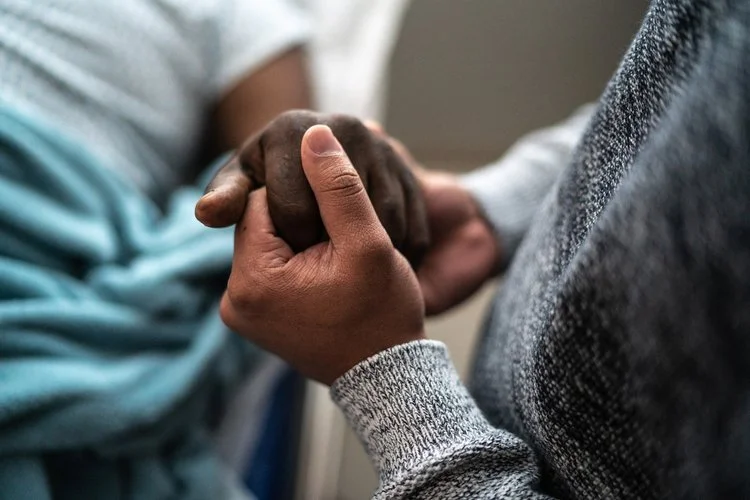Be Prepared!
Dear Caregivers,
Florida is having a quieter than usual storm season this year, at least so far! It’s in periods of quiet like this that we can take advantage of the calm and prepare for the storms ahead. The same is true for Alzheimer’s Disease: To be sure, there will be stormy times to come with this challenging disease, and so it is best to use the quiet time to help prepare.
One key to dealing with the challenges of being a caregiver is educating yourself on how your loved one’s disease progresses. Knowing what to expect in the later stages will make you secure in your knowledge that whatever comes your way in the future, you will be ready. Preparation will also reduce stress, leave you more capable of thinking clearly, and ultimately help you and your loved one through the challenges.
Read on for more…
Understanding Stages and Symptoms of Alzheimer's Disease:
Alzheimer's disease develops slowly over many years, and every person has a unique path through the illness. But there are some common symptoms that typically occur at the same time. These collections of symptoms have been grouped into various stages of disease progression. Learn how to know what stage of the disease your loved one is in, and what to expect in the later stages.
Alzheimer's Disease and Care at the End-of-Life:
As an Alzheimer's caregiver, you have been asked to live the “long good-bye,” watching your loved one slowly being lost as their mind moves through its relentless decline. Once the disease progresses towards the “severe” or “late” stage, physical decline begins to take over and further reduces your loved one’s abilities. Your role at this time has never been more important, as you need to ensure that your loved one’s death is free of pain and excess suffering.
Caregiver’s Plan B:
No family caregiver wants to think they wouldn't be able to help their loved one. But the chance that something could happen to you that would make it impossible for you to provide the care support you do now makes it critical that you identify an individual who is the best “Plan B” caregiver. This person should be able to quickly take over as an advocate and guardian for your loved one in the event that is needed. Here’s how to make a plan.
Remember, if you can’t find the information you need on our website, you can always “Ask NAN” by clicking on this link.
Best,
Rosemary D Laird, MD, MHSA
Founder and Chief Medical Officer
“Talents are best nurtured in solitude, but character is best formed in the stormy billows of the world.”
— Johann Wolfgang von Goethe




